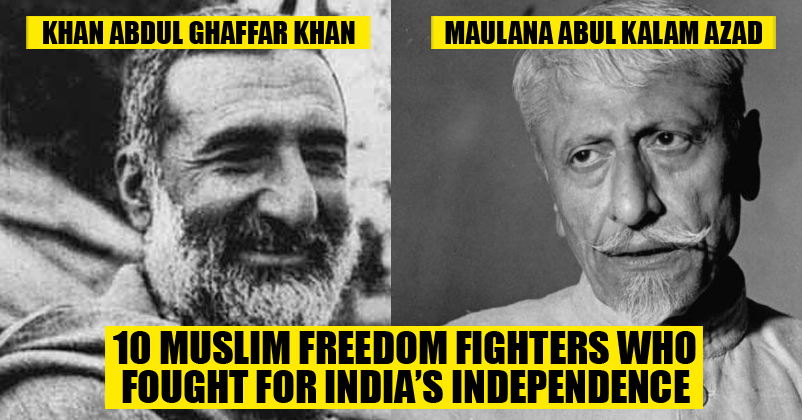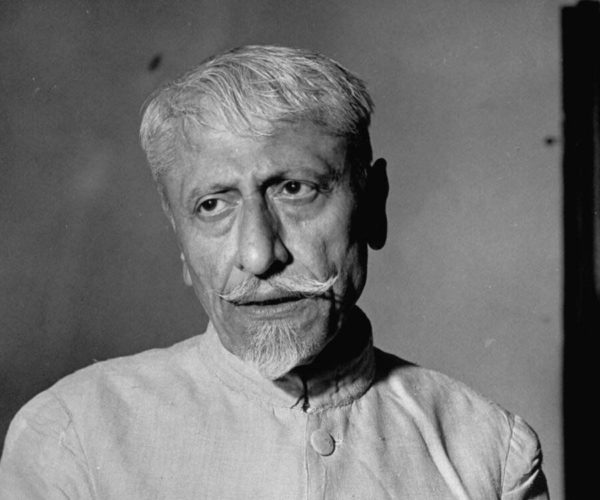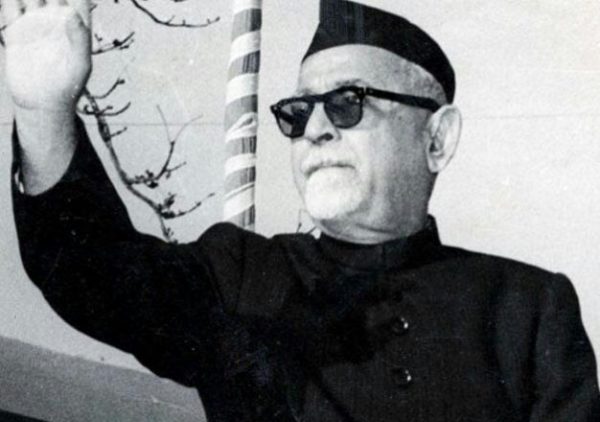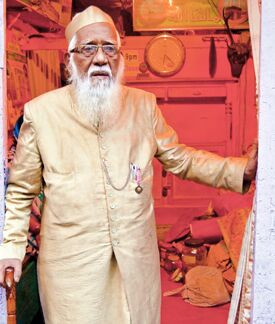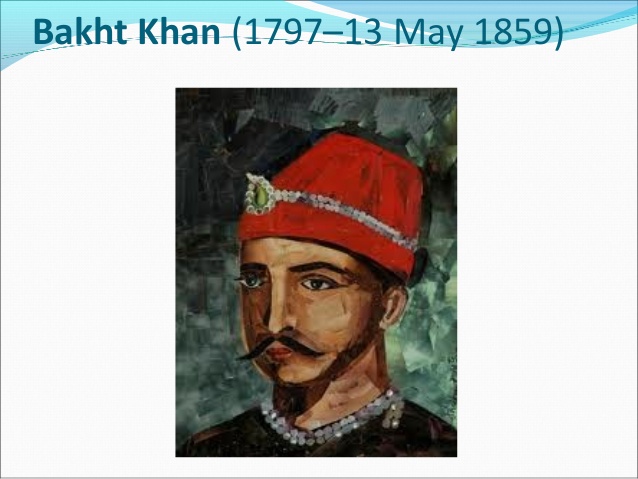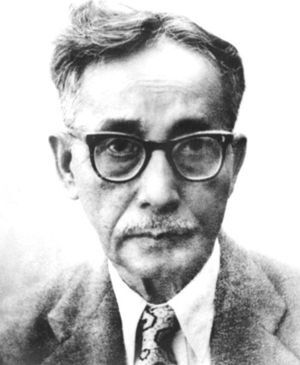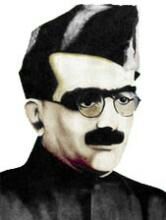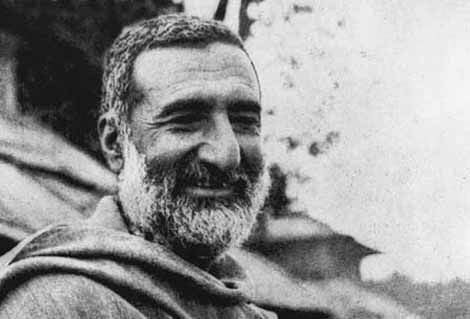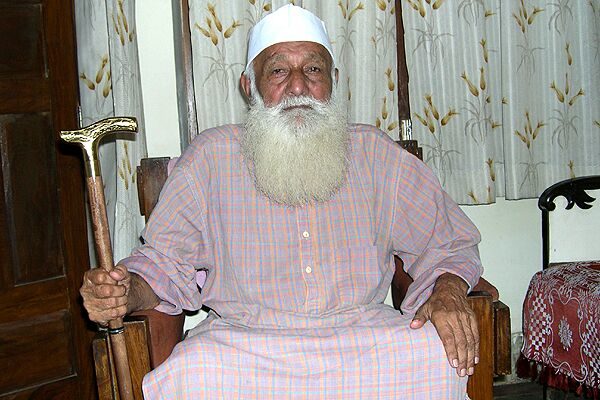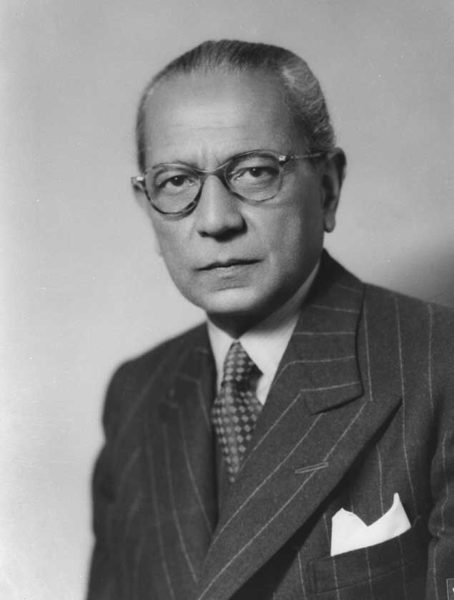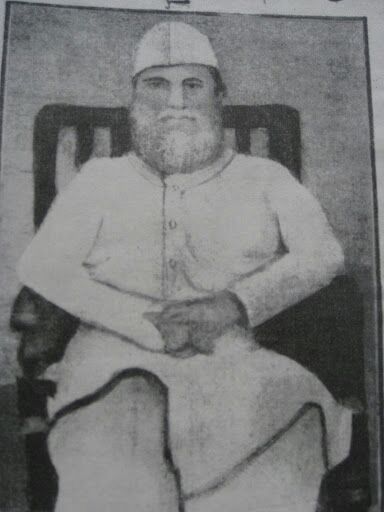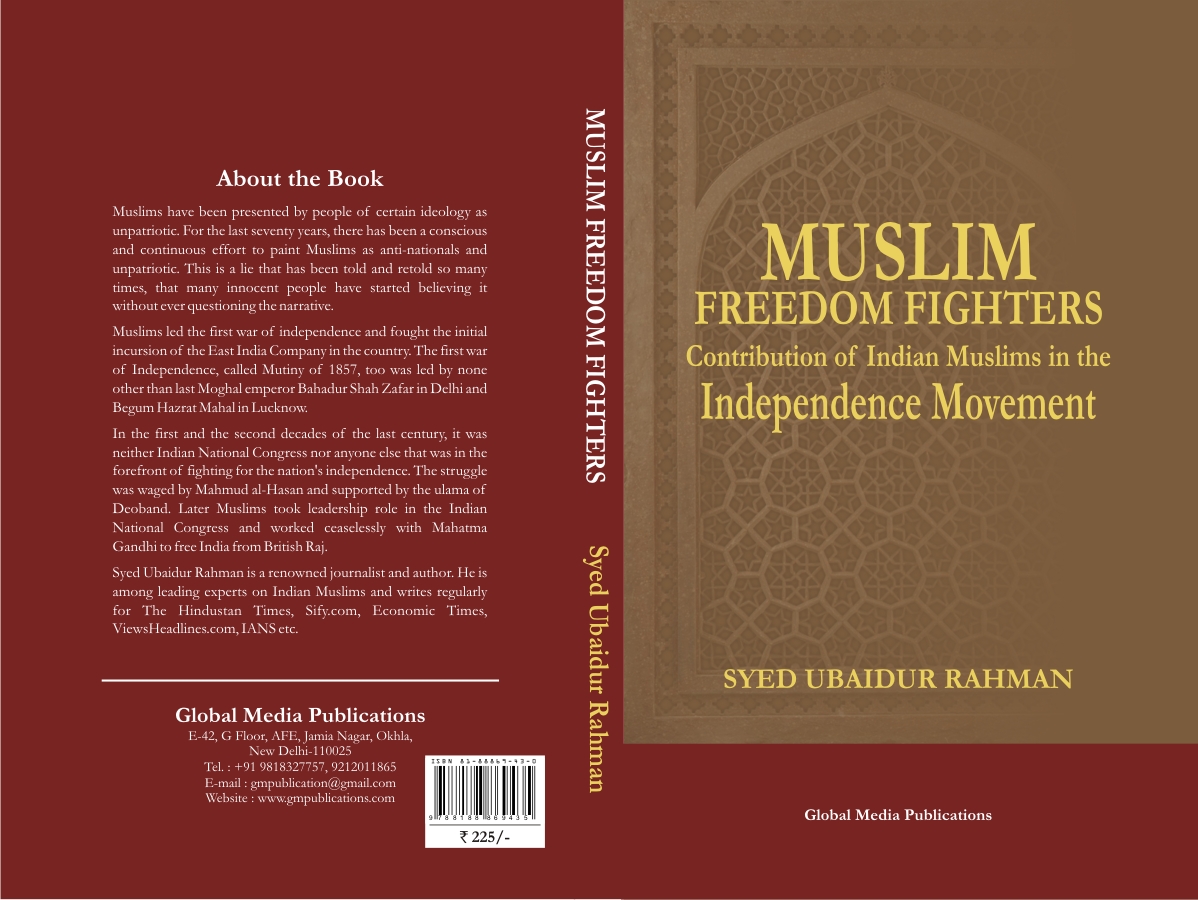Kumrava, Nawada District) BIHAR / Kolkata, WEST BENGAL :
He had accompanied Mahatma Gandhi on the Dandi March and later spent several days with him in a prison in Cuttack. In 2007, he was conferred with the Padma Bhushan for his fight against the British rule in India.
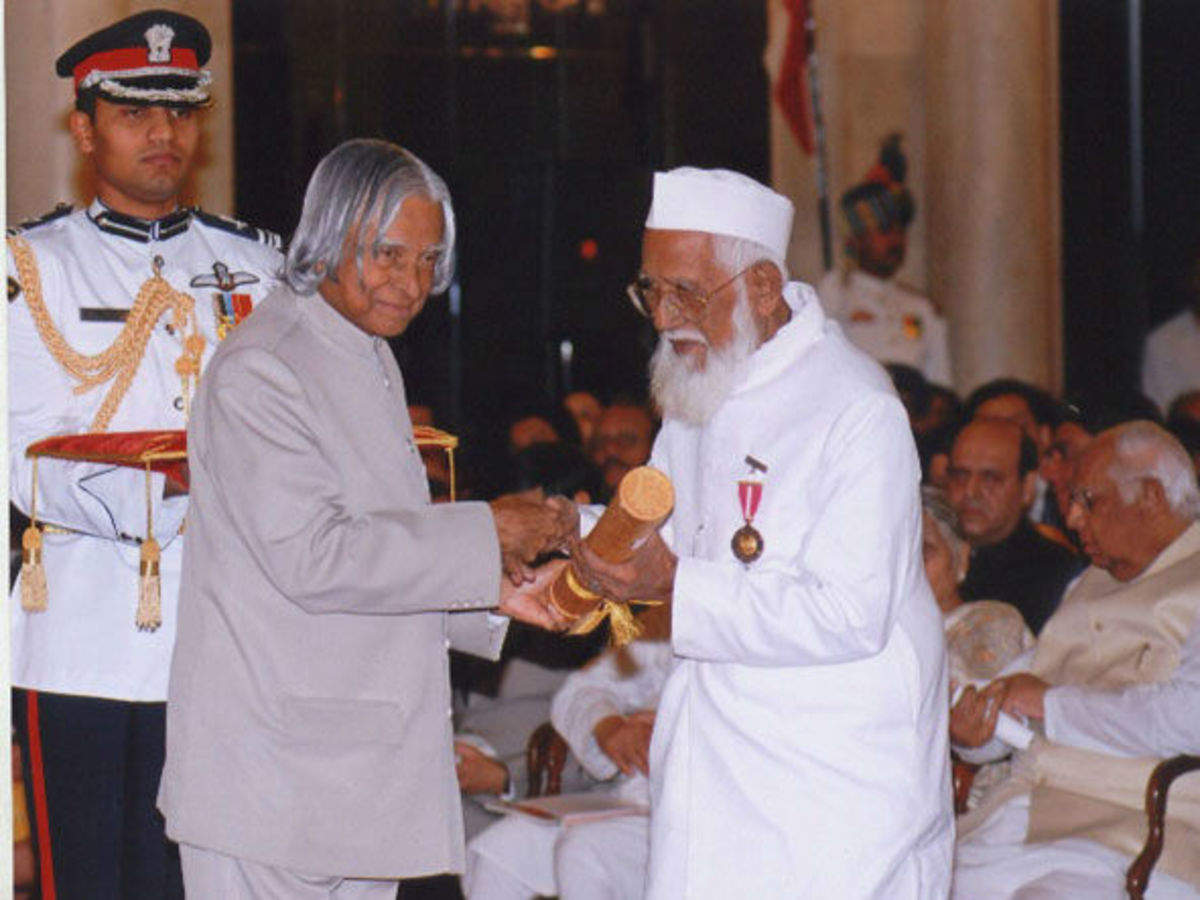
Late on Monday night, Syed Mohammad Sharfuddin Quadri, who was affectionately referred to as hakim sahab in his neighbourhood in Rippon Street, passed away three days after celebrating his 114th birthday.
Quadri, a renowned Unani practitioner who was instrumental in founding the Unani Medical College and Hospital in Abdul Halim Lane in central Kolkata, was born on December 25, in 1901 when Kolkata was still the capital of the country and Mahatma Gandhi had not returned to India.
“My father was imprisoned with Gandhiji by the British in Cuttack. He would accompany him everywhere during the Civil Disobedience Movement,” said son Manzar Sadique in the family’s home in 84/9 Rippon Street.
“In October, abba had travelled to Lucknow where he was the chief guest at a conference of Unani practitioners. Chief minister Akhilesh Yadav had invited him over to his house,” informs Sadique.
Quadri was born in the remote village of Kumrava in Nawada district of Bihar on Christmas Day in 1901. His family moved to Calcutta in the mid-1930s. Hakimji would begin his day with Fajar (the morning namaaz) at the break of dawn followed by his visit to his chamber, Swadeshi Dawa khana on Haji Mohammed Mohsin Square, where patients would already be waiting for him. He would examine more than 100 patients every day free of cost, says son Sadique.
“Unani was his passion and he could identify the ailment just by feeling the pulse of the patient,” says Sadique.
The centurion who specialized in treating infertility would never miss his customary walk after work. “He suffered from arthritis which is why he took special care of his fitness,” said Sadique.
Quadri who began an informal school for children and triggered an adult literacy campaign in Rippon Street was the founder member of the
Once Quadri once revealed the secret behind his fitness and longevity to his friends. “I drink two glasses of neem juice every day,” he has said. This fitness mantra was handed over to him by his father Mohammad Mohibbudin who had died at the age of 121 years!
Hasnain Imam, a teacher and resident of Rippon Street fondly recalled the time he had spent with “hakim sahib” when he was in college. “He was a treasure trove of knowledge. From politics to medicine to Sufism, we would discuss a wide range of topics. They don’t make people like them anymore,” said Imam.
source: http://www.timesofindia.indiatimes.com / Times of India / Home> News> Kolkata News / by Zeeshan Javed / TNN / December 30th, 2015
